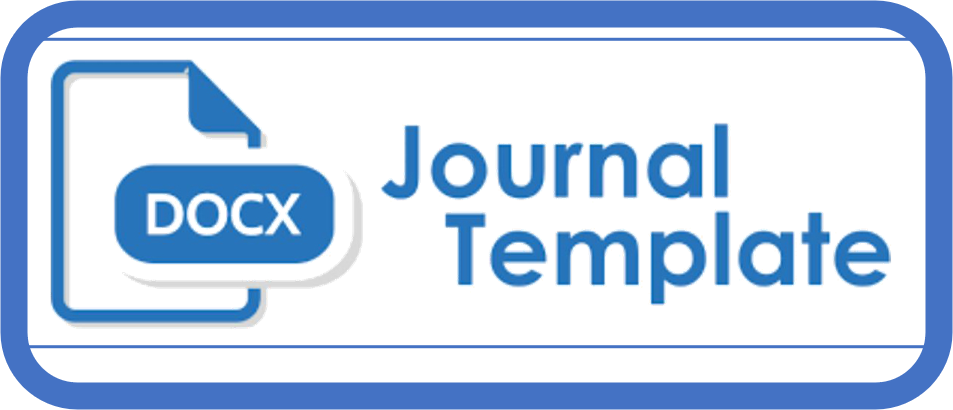Corruption Eradication Commission in the New Separation of Power Paradigm
Keywords:
Corruption Eradication Commission, division of power, independent state institutions, the new separation of power, rule of lawAbstract
The Corruption Eradication Commission (KPK) as an independent state institution exists to support and break through the status quo of corruption eradication policies which are in fact ineffectively implemented under the power of conventional institutions (the Prosecutor's Office and the police). However, after the 2019 KPK Law was passed, the institutional construction of the KPK as an independent state institution actually contradicted the conceptualization and theory of independent state institutions. The theory of independent state institutions constructs that the institutional structure must be independent of other branches of state power. Problem focus: The concept of the new separation of power and its contextualization with the KPK institution. This research uses a type of normative research with statutory, conceptual and comparative approaches. This research found that (1) the new separation of power concept focuses on the latest form of modern separation of power ideology which is no longer limited to the separation of three functions as desired by Montesquieu, (2) the Corruption Eradication Committee (KPK) is an independent institution that does not belong to any group
References
Ahmad, Hukum Konstitusi Menyongsong Fajar Perubahan Konstitusi Indonesia Melalui Pelibatan Mahkamah Konstitusi, Cetakan 1. Yogyakarta: UII Press, 2020.
O. Suparman, “Konsep Lembaga Negara Indonesia dalam Perspektif Teori Trias Politica Berdasarkan Prinsip Checks and Balances System,” Ahkam, vol. 2, no. 1, pp. 59–75, 2023, doi: 10.58578/ahkam.v2i1.898.
A. E. E. Mahanani, “Resultan Sistem Pemilu dan Sistem Pemerintahan terhadap Pelaksanaan Demokrasi di Indonesia,” J. Yustika Media Huk. Dan Keadilan, vol. 22, no. 02, 2019.
S. Sodikin, “Kedaulatan Rakyat dan Pemilihan Kepala Daerah Dalam Konteks Undang-Undang Dasar Negara Republik Indonesia Tahun 1945,” J. Cita Huk., vol. 2, no. 1, pp. 1–22, 2014, doi: 10.15408/jch.v1i1.1453.
T. P. R. Hukum, “Rekomendasi Agenda Prioritas Percepatan Reformasi Hukum: laporan Tim Percepatan Reformasi Hukum,” no. 1. Kemenko Polhukam, Jakarta, pp. 1–128, 2023.
N. Y. Simbolon, “Politik Hukum Penanganan Korupsi oleh Komisi Pemberantasan Korupsi Pasca Disahkannya Undang-undang No. 19 Tahun 2019,” J. Mercat., vol. 13, no. 2, pp. 157–177, 2020, doi: 10.31289/mercatoria.v13i2.3740.
Z. A. Mochtar, “Indepedensi Komisi Pemberantasan Korupsi Pasca Undang-Undang Nomor 19 Tahun 2019,” J. Konstitusi, vol. 18, no. 2, Jun. 2021.
S. Hadi, “Pengaruh Konfigurasi Politik Pemerintah Terhadap Produk Hukum,” Addin, vol. 9, no. 2, pp. 383–400, 2015.
E. N. A. . Sihombing and C. Hadita, “Kewenangan Presiden Membentuk Undang-Undang Dalam Sistem Presidensial,” Reformasi Huk., vol. 27, no. 1, pp. 12–20, 2023.
P. M. Marzuki, Penelitian Hukum. Jakarta: Kencana, 2013.
Y. Nurhayati, “Perdebatan Antara Metode Normatif Dengan Metode Empirik Dalam Penelitian Ilmu Hukum Ditinjau Dari Karakter, Fungsi, Dan Tujuan Ilmu Hukum,” Al-Adl J. Huk., vol. 5, no. 10, pp. 10–19, 2013, doi: 10.31602/al-adl.v5i10.191.
S. U. Firdaus, Muchsan, and E. Nurbaningsih, “Pembatasan Hak Politik dalam Sistem Demokrasi Di Indonesia,” Universitas Gadjah Mada, 2016.
D. Rato, “Penelitian Hukum Paradigmatik: Memahami Perdebatan Metodelogi dalam Penelitian Hukum Sebagai Realitas.” Fa, Surabaya, pp. 1–15, 2013.
A. Z. Muhdlor, “Perkembangan Metodologi Penelitian Hukum,” J. Huk. dan Peradil., vol. 1, no. 2, pp. 190–206, 2012.
Downloads
Published
How to Cite
Issue
Section
License
Copyright (c) 2024 MALAKA LAW REVIEW

This work is licensed under a Creative Commons Attribution-ShareAlike 4.0 International License.








